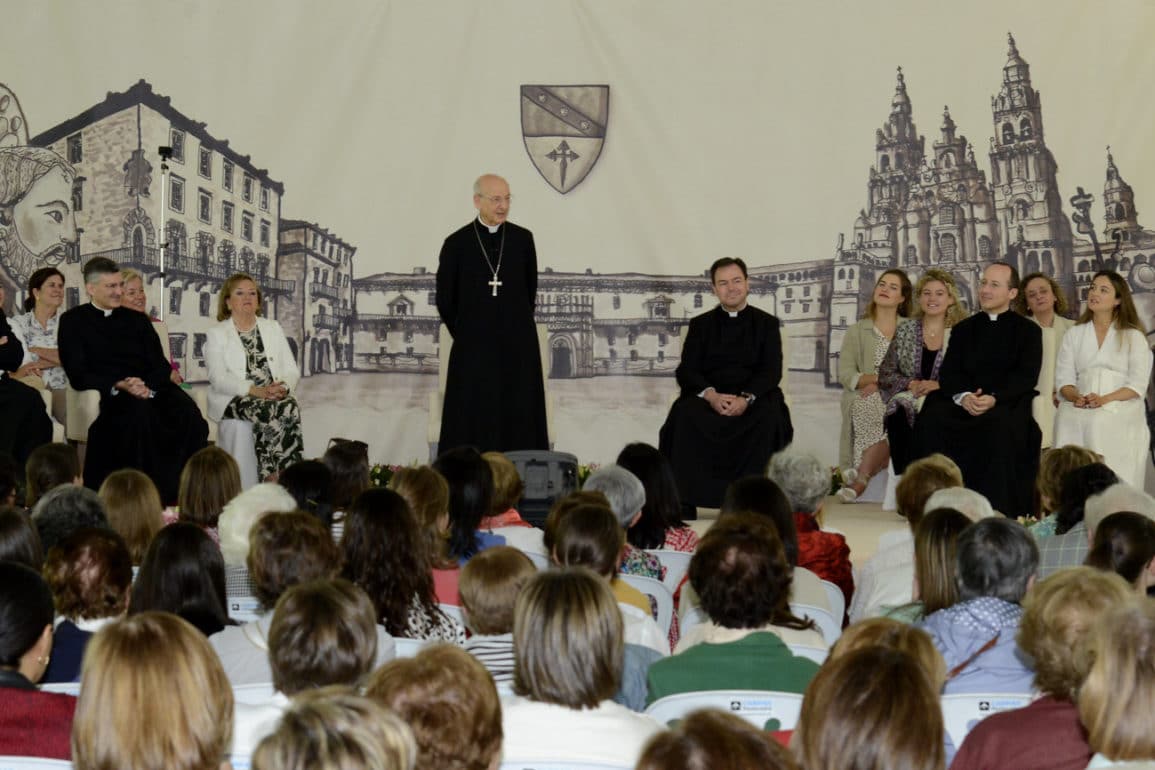Some media outlets have displayed news related to the recent changes established by Pope Francis to the Opus Dei. These changes, in truth, do not affect – in our humble analysis – the essence of this Catholic institution that does so much good for the people of God.
In short, “the Opus Dei (Work of God in Latin) is a hierarchical institution within the Catholic Church – a Personal Prelature – whose purpose is to contribute to the evangelizing mission of the Church. Specifically, it aims to promote a profound awareness of the universal call to holiness and the sanctifying value of everyday work. The Opus Dei was founded by Saint Josemaría Escrivá on October 2, 1928” (Source: https://opusdei.org/en-us).
With that said, let’s clarify two important points: 1) The Holy Father, in his role as the authentic successor of Peter (cf. Mt 16,17-19; Jn 21,15-17; Lk 22,31-32), made legitimate disciplinary decisions in this case, as taught by the Catechism of the Catholic Church, paragraph 553. Therefore, wisely, Monsignor Fernando Ocáriz, the current prelate of Opus Dei, stated in his Message on 10/08/2023: “I write these words to share with you that we receive these provisions of the Holy Father with sincere filial obedience, and to ask that all of us remain very united in this as well”. 2) The Pope did not act, as it has been said, to harm the Work. After all, it was he himself who declared: “I am a great friend of Opus Dei, I love the people of Opus Dei very much, and they work well in the Church. The good that they do is very significant” (ACI Digital, 12/21/2022, online).
Finally, we have come to the much-talked-about changes. As mentioned, these changes do not affect the essence of the Work. This is what we will attempt to demonstrate here, in two topics. The Pope, through the motu proprio “Ad carisma tuendum” (To safeguard the charism), dated 14/07/2023, adapts the Personal Prelature of the Holy Cross and Opus Dei to the general reform of the Roman Curia established by the Apostolic Constitution “Prædicate Evangelium”, dated 19/03/2022, Article 117. It is worth explaining that a personal prelature – that of Opus Dei being the only one – is not limited to a specific territory – otherwise, it would be a territorial prelature – but extends to wherever there are lay faithful and priests linked to it. This was defined by Pope Saint John Paul II through the Apostolic Constitution “Ut sit”, dated 28/11/1982, which remains valid. It has not been abolished by Francis. The two new elements established by it are:
- The prelate will no longer be a bishop, but a priest. Now, it is inherent to the nature of a Prelature to have a prelate at its helm with all his prelatic responsibilities (cf. Code of Canon Law, can. 295 § 1 and § 2, now clarified with the new wording of 08/08/2023). Whether he is a bishop or a priest is secondary. Blessed Álvaro del Portillo, at the inception of the Prelature, was a prelate without being a bishop. The same is true today with Monsignor Fernando Ocáriz.
- The Prelature will now be accountable to the Dicastery for the Clergy – submitting annual reports – instead of the Dicastery for Bishops – to which it used to present quinquennial reports.
On 08/08/2023, as we have seen, the Holy Father gave new wording to canons 295 and 296 of the Code of Canon Law. The first, as previously mentioned, clarifies the functions of a Personal Prelature and its prelate, while the second deals with the lay faithful linked to the Prelature. It is written as follows: “Lay persons can dedicate themselves to the apostolic works of a personal prelature by agreements made with the prelature itself; the method of this organic cooperation, as well as the main duties and rights related to it, are precisely determined in the statutes”. However, this canon also refers to canon 107, which states in § 1: “By domicile, or quasi-domicile, each acquires his or her own pastor or Ordinary”. Now, this alteration has little impact on the clergy, as their legal bond is the incardination to the Prelature. As for the lay faithful, it clarifies what already exists in practice: the faithful of the Prelature were – and will continue to be – also members of their Diocese, that is, of where they reside (domicile) or where they have at least 3 months of residence and the intention to remain there (quasi-domicile). See the Code of Canon Law, can. 102 § 1-3.
May this modest article help elucidate, in a concise manner, the questions about the changes, which are somewhat incidental but illustrative, that have taken place recently within Opus Dei.
Vanderlei de Lima is a hermit of Charles de Foucauld.
Translation: Dr. Felipe Bertazzo Tobar.










